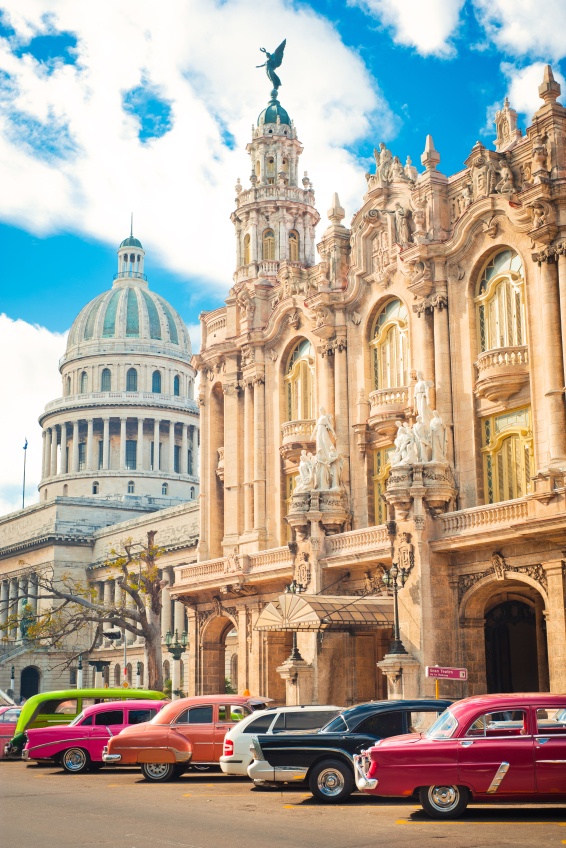
On a daily basis we’re constantly discovering how the Internet and today’s communication is changing cultures, especially in the younger generation. The revelation in a June 18th New York Times article, “Cuba Offers Its Citizens Better Access to Internet,” that Internet restrictions will be eased makes us wonder if Cuba, which has been quite isolated for decades from free access to the Internet, would give us a glimpse into a culture that has been fundamentally frozen-in-time (much like its automobiles).
We often reiterate that culture is both visible and invisible. Using the iceberg metaphor, we say that the part of culture “under the water” is bigger and more profound than what’s visible. As a result of globalization and the widespread use of the Internet, many of those visible differences have disappeared in many countries.
For example, the scene on Nanjing Road in Shanghai doesn’t look that different with its skyscrapers, shops, and people wearing global brands than it does in New York or London. But with Cuba opening up, we get a chance to see a culture that does look visibly different—at least for a short time.
While Cubans have not had access to new automobiles, they’ve also not had ready access to the Internet with the accompanying social changes—both visible and invisible—that it brings. The Internet has dramatically affected morés and behaviors. For example, even hierarchical societies have adopted the Internet’s informality and directness.
We wonder what kind of changes will be foisted upon (or enthusiastically embraced by) Cuban culture and social morés with the inevitable, rapid advancement of the Internet and all the information that it brings.
What do you think?
Interested in learning more about working with Cubans? Download our Strategies for Success: Cuba today.


